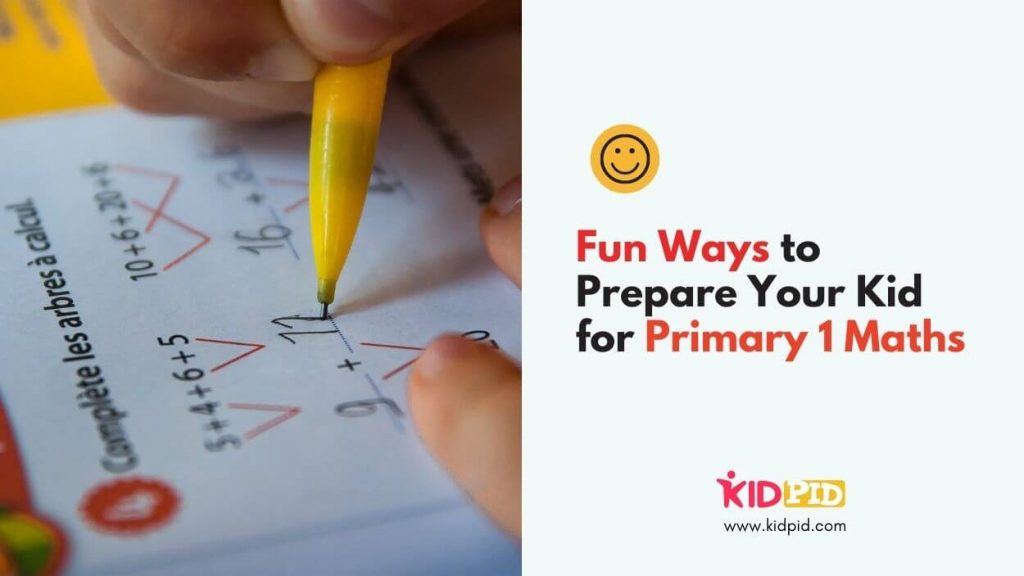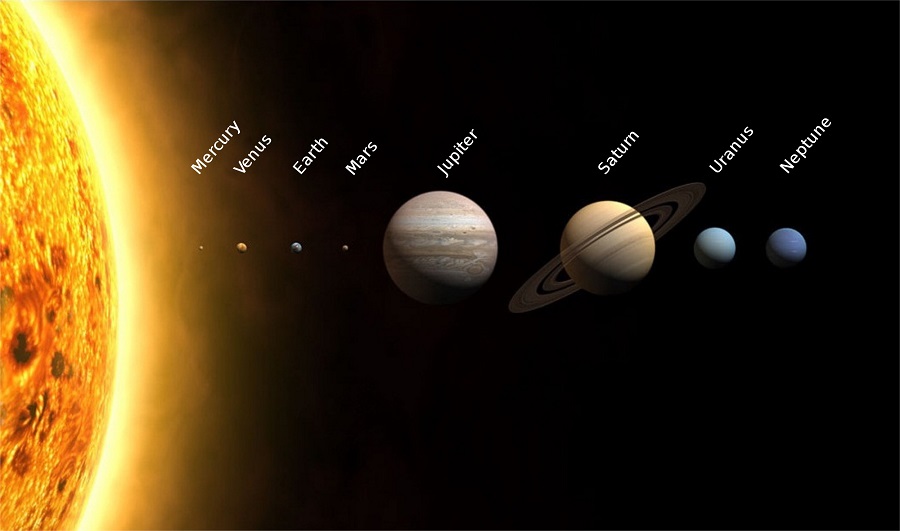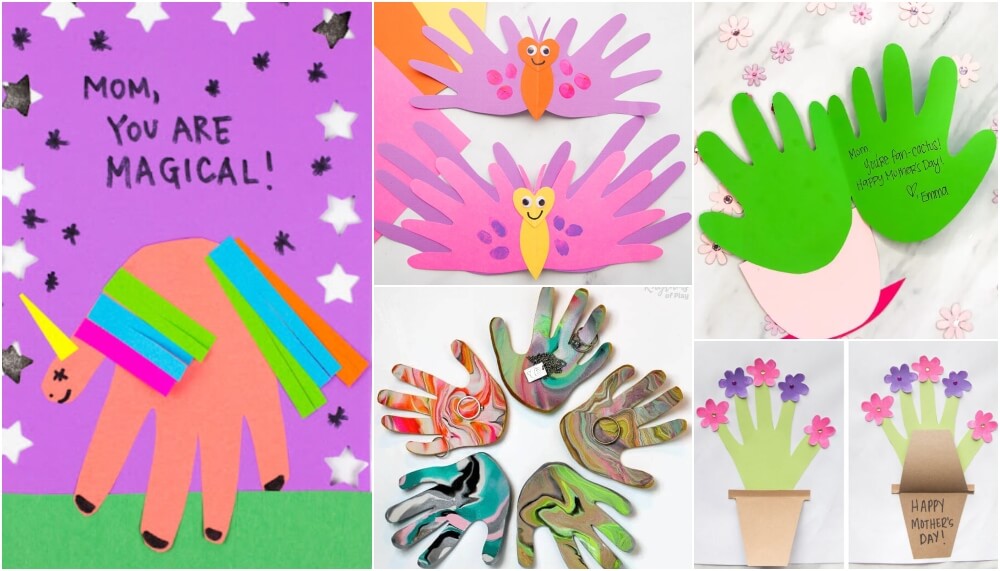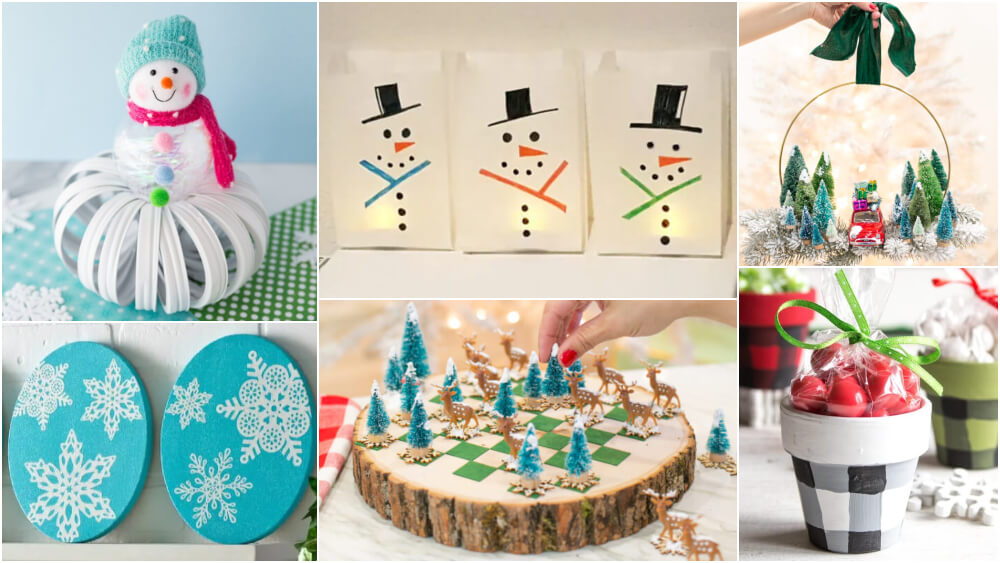Fun Ways to Prepare Your Kid for Primary 1 Maths

Maths is everywhere. Maths talk is important. Math leads to critical thinking, problem-solving skill, and better reasoning abilities. It’s very important to prepare your kids for Math from now, for a better learning experience and a better future.
A lot of new concepts add in primary 1 maths, so it’s necessary to teach them a few things beforehand to prepare them for Primary 1 Maths. These are some ways by which parents can prepare their children for a new maths adventure.
Contents
Ways to Prepare Your Kid for Primary 1 Maths
1.Picture Books
Kids love picture books. Picture books promote children’s mathematical thinking because it is written with a storyline, that keeps kid’s minds entertained as well as focused. It gives an introduction to basic concepts of maths such as numbers, shapes, and patterns. Kids love picture books because it is colorful, interesting, and has catchy pictures.
Picture books are a crucial part of their learning life. It promotes visual thinking and works well with their understanding level. The picture book works as chocolate in plain milk for them. The characters of the book motivate them to open it and study more and study often.
2. Play Maths Games
Maths Games = Learning +Some Fun
Maths is fun if kids learn while playing games. Games are fun activities, it’s an important tool for learning in their life. Playing maths games deepens the understanding of numbers, reasoning, and helps in practicing its questions. Games develop independent learning.
Games are really very productive that increases mathematical skills and they can play it anywhere. It can be played with two or more people. If parents play games with them, then parents can know about their children’s skills and growth. When kids play math games it brings a positive attitude. Due to games, they try to find different ways to solve problems. It’s a great way for them to become familiar with shapes, weight, and length.
3. Teach Counting
Counting is a basic and important concept of maths. Counting relates to all other topics. In order to understand maths, kids should compulsorily learn counting. Every child is unique, every child takes time to learn counting according to their learning and understanding capacity. Counting can learn at school or at home. They must have good control over counting.
Kids can learn to count faster if they learn with the story. They must practice counting often and parents must ask them to count things for better learning. Teach them to count on videos, games, or real objects. Teaching them physical counting objects is important for better understanding. If they count wrong, don’t correct them, just show by counting again, correcting again and again can lead to self-doubt or lack of confidence.
4. Visual Knowledge
Visual Knowledge is one of the most popular ways of teaching kids. It includes images, videos, digital classes, presentations, whiteboards, etc. Visual literacy is an entertaining way of learning for them. Visual knowledge develops high order thinking skill and better engagements with concepts. It gives longer retention power, boosts the confidence and performance of them.
Visual Knowledge is a cost-effective way of learning. It motivates them to learn more and keep their interests secure in the subject. It’s easy to learn with it. Visual Knowledge helps in critical thinking and develops skills such as problem-solving, decision-making, and understanding.
5. Daily Math
“Practice makes a man perfect” it’s a universal quote that especially works great with maths. It is a subject that demands practice and consistency. More Practice More Better results. Parents should ask them to do maths every day. Daily solving it can help in faster learning. They can do maths every day in both ways written or oral.
They can do it every day by playing games, it will keep their interest level engaged with concepts. Games that include maths are Sudoku, counting games, monopoly, ludo, etc. Parents should often ask them counting, simple maths questions, to keep their mind practicing daily.
6. Addition, Subtraction, Multiplication, and Division
Primary include all addition, subtraction, multiplication, and division. Parents should start teaching their kids from the early days to prepare them with these concepts. Parents can teach them these concepts through games. Parents must try to talk in mathematical language with them.
Teach them these concepts with games or by baking something together, you can use it when baking for double people, it means twice the amount of ingredients. Or parents can teach them by giving 8 pieces of chocolate and tell them to divide it equally. These concepts can learn by playing any games that include addition, subtraction, multiplication, division.
7. Let Kid help you
Kids first teacher is their parents. They spent most of the time with their parents. They can learn while doing different works. Let them help in grocery shopping. Ask them to count the number of the product you buy or ask them the cost of 4 bottles of juice. While doing your help they can learn maths easily and practically. Plan a dinner party, let them count plates, balloons, caps, chocolates, and napkins.
Ask them how long it will take to travel a destination at a particular speed. Ask them shapes of the different product while shopping, it will boost their understanding of math as well as confidence level.
8. Fun Book about Maths
Most people consider maths as a boring subject. Parents should never let this attitude pass to their kids. It can fun. Now many books are available in the market based on fun books about maths. A fun book about maths is an easy and fun way to teach your child its basics. Maths fun book keeps them entertained. It keeps them motivated and it retains their interest in the subject. Maths fun books can increase engagement and increase fluency with their concepts.
9. Basic Shapes
Primary 1 maths includes concepts of different shapes. So it’s important to teach kids about different shapes beforehand. Parents can teach shapes to their children through visual knowledge or by real objects. We are surrounded by multiple shapes from square, circle, rectangle to many more. This real-life object helps in learning skills. Often ask them about the shape of a particular thing, to keep them engage with shapes.
10. Size, Weight and Length
Kilogram, Liters, Meter, centimeter, small, big, medium Primary 1 maths involves everything. It is important for kids to know different sizes, weights, and lengths. They can learn all these concepts by watching images, videos, presentations, or any book. In everyday life, we meet with these concepts. Let them learn these maths concepts according to their interest.
Make them learn by real-life examples such as 1 kg of corn flakes, 1 liter of milk, etc. Often ask them questions like how many kilometers their school is away from their house. Or teach them these concepts with the storyline.
11. Take update of their growth
Parents should never force their kids to study. And parents should never correct them. Correcting them can lead to self-doubt and lack of confidence. Just tell them again in whatever thing they are wrong. Another thing, that is very important for parents to make updates on their kid’s growth. By playing math games with them, parents can know better about them. They can know where their kids are lacking and then they can take proper action.
12. Create a friendly math competition
Healthy Competition is good for a kid’s growth. Competition is not always about success or winning. The competition gives a great lesson to kids and develops important skills. Competition increases their confidence, develop empathy, and they learn the value of hard work.
A friendly maths competition can give them a boost to study more and often. It is a productive way of learning math skills. They can learn a lot from these types of competitions. Teach them to set a goal for themselves and try to reach it.
These are some ways through which you can prepare your kids for Primary 1 Math. Teach them that math is a fun activity and can learn it in day-to-day life with family and friends. Don’t force them to study maths. Just teach them according to their understanding level and capacity, and you will be amazed at the results.






Responses